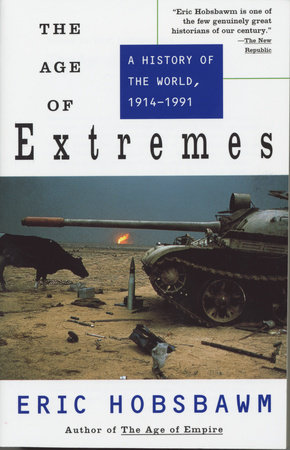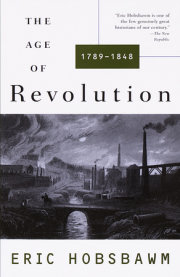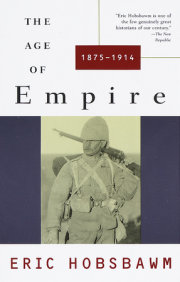The Age of Extremes, the fourth and final volume in Hobsbawm's astounding history of the world, is a brilliant chronicle of the events that have given shape to the twentieth century. The book is divided into three parts: "The Age of Catastrophe 1914-1950," "The Golden Age 1950-1973," and "The Landslide 1973-1991." In "The Age of Catastrophe," Hobsbawm examines the legacy of the two world wars, the great economic depression of the 1930s, the rise of the Soviet Union, and the end of colonialism. "In The Golden Age," he writes about the period of unprecedented economic growth, the rise of military regimes in the Third World, and the Cold War. In "The Landslide," Hobsbawm discusses the collapse of the USSR, advances in science, how technology revolutionized the arts, and the global political, economic, and social upheavals that, he states, have brought about the "most profound revolution in society since the Stone Age." In conclusion, Hobsbawm looks to the next millennium, pointing up the dilemmas posed by a burgeoning population, destruction of the environment, and the growing disparity between rich and poor.
"A magical re-creation of the most creative and destructive, the most utopian and the most doubt-ridden period of human history.... I know of no other account that sheds as much light on what is now behind us, and thereby casts so much illumination on our possible futures."--Robert Heilbroner
"One of the great achievements of historical writing in recent decades."--New York Review of Books
The other volumes in the series, The Age of Revolution, The Age of Capital, and The Age of Empire are all available from Vintage Books.





